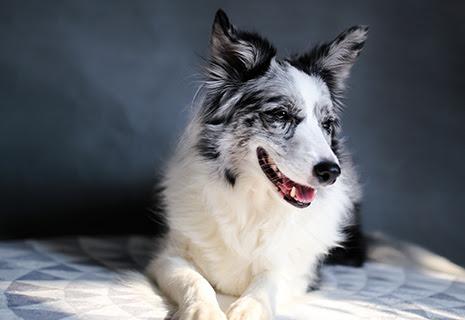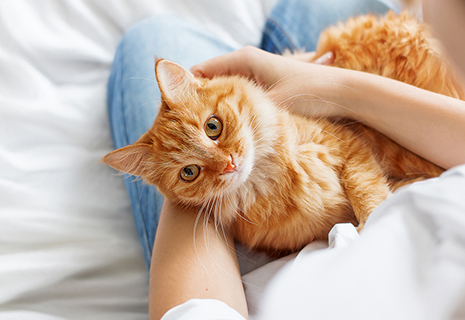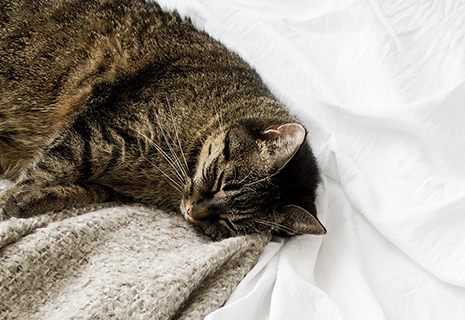Our Emergency Doctors
MVA’s emergency and critical care services are available 24/7/365. We offer our veterinary clients the highest-level of emergency veterinary medicine, emergency veterinary surgery, and critical care for their pets.
IF YOUR PET IS EXPERIENCING AN EMERGENCY, please call your primary veterinarian. Many veterinarians refer emergency calls to us in the evenings, or on weekends and holidays.
Also please call us at 610-666-1050 before coming. Even in a dire emergency, the team may be able to suggest immediate first aid measures, and provide specific travel directions to the hospital. In addition, our team will be able to prepare for your animal’s arrival and care based on this initial estimation of your pet’s situation.
Our team of Emergency Doctors work together with our in-house specialists, and referring veterinarians, to provide the highest standard of care to our patients. In partnership with the emergency room, our intensive care unit (ICU) is staffed by Criticalists certified by the American College of Veterinary Emergency and Critical Care, as well as dedicated and experienced ICU nurses. Our ICU unit is staffed 24/7/365, which enables us to provide round-the-clock monitoring and treatment of critically ill pets.
Like a human emergency room, we work on a triage basis to decide which patients are in most immediate need of care. Unfortunately, like the ER there is often a wait. Our patients are triaged upon arrival. We see patients based on the life threatening nature of their problems. It is possible that patients who arrive after you will be seen first. It is possible that patients who are seen before you may not appear to be injured or sick. However, there are often things happening to these patients that require immediate attention. This is why we triage.
What to Expect:
- We get an initial estimation of your pet’s situation from your phone call to us.
- If your pet is not in an immediate crisis situation, we will ask you to complete our Admissions Form. One of our nurses will assess your pet as quickly as possible.
- Pets with life-threatening conditions are brought immediately into our treatment area. We understand that separating you from your pet may be very upsetting. We ask for your patience while we begin treatment. In these cases, the doctor will stabilize your pet before discussing the condition with you. Clients are not allowed into the treatment area during this time.
Meet Our Emergency Doctors
Hear from three of MVA’s Emergency Doctors as they speak about the specialty.











